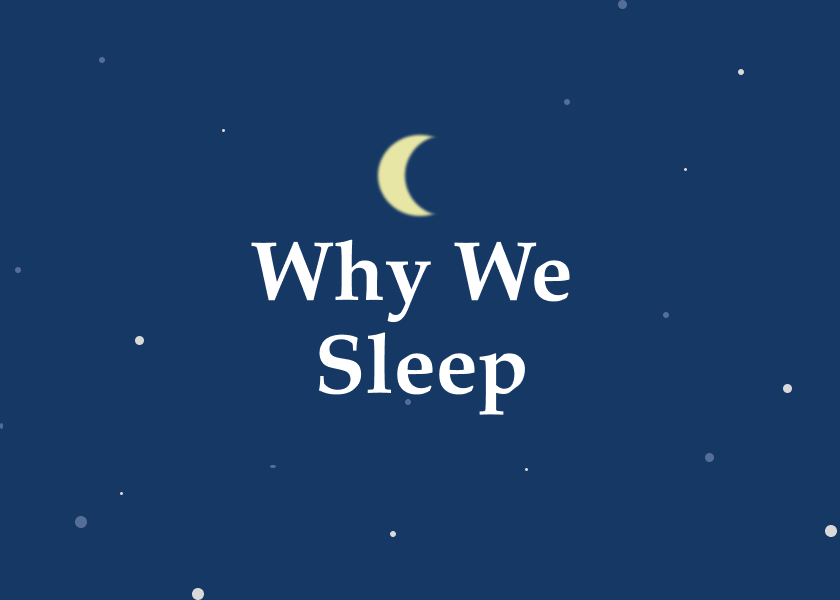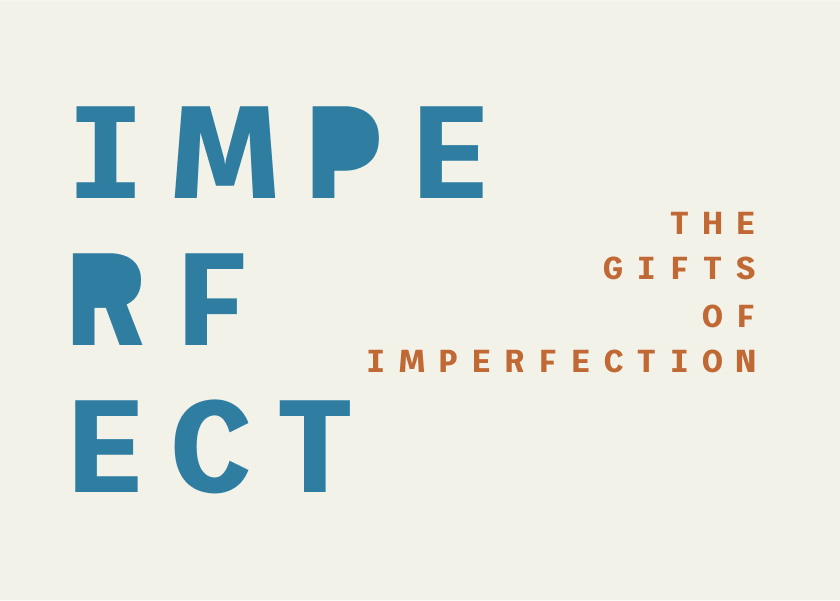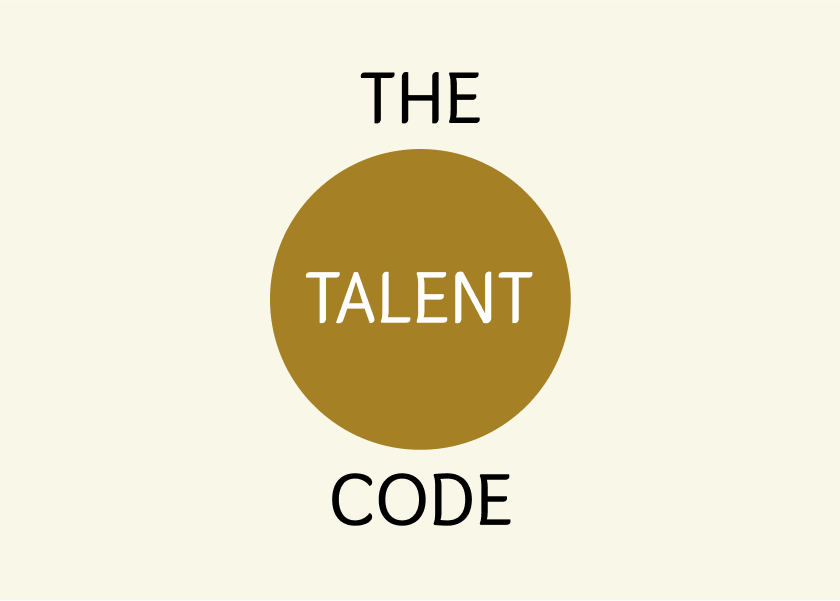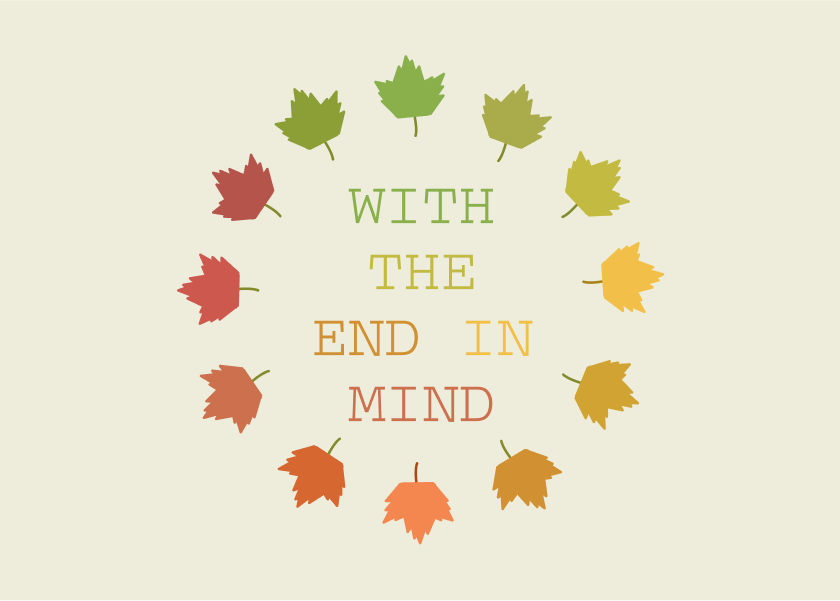Why We Sleep by Matthew Walker - Summary
This book reveals sleep's vital role in health, memory, and creativity. Learn how sleep loss impacts your brain, body, and society. Discover the science behind dreams and the secrets to better sleep. This book will change your life.

The following is a summary of the book Why We Sleep by Matthew Walker.
Listen to Shelfhelp's podcast about the book Why We Sleep.
Is Our Modern Lifestyle Stealing Our Sleep?
Do you often wake up feeling tired, needing caffeine to function? Are you among the two-thirds of adults who fail to get the recommended eight hours of sleep each night? In Why We Sleep, Matthew Walker delves into the science of sleep, revealing how our modern lifestyle undermines this crucial biological need, with alarming consequences for our health, well-being, and overall lifespan. This post offers a comprehensive overview of Walker's book, providing you with key insights and actionable advice, saving you time while highlighting the most critical information.
Table of Contents
- About the Author
- Who Should Read This Book?
- Key Insights and Themes
- Detailed Summary
- Review
- Actionable Takeaways
- FAQs
- Conclusion
About the Author
Matthew Walker is a Professor of Neuroscience and Psychology and the Director of the Sleep and Neuroimaging Laboratory at the University of California, Berkeley. With over 20 years of experience and more than 100 scientific research studies published, he is a leading expert on sleep. Walker’s work aims to bridge the gap between scientific research and public understanding, making complex topics accessible to everyone. Why We Sleep is his first book. It has garnered acclaim for its scientific rigour and engaging style.
Who Should Read This Book?
This book is essential reading for anyone who wants to understand the critical role of sleep in their life. You will benefit from this book if you:
- Struggle with getting enough sleep or experience daytime fatigue.
- Are interested in optimising your health, fitness, and cognitive performance.
- Are a student who wants to improve academic performance.
- Are a parent concerned about the sleep of your children.
- Work in a high-stress or demanding profession and want to improve productivity.
- Are a healthcare professional who needs a deeper understanding of the role of sleep in various health conditions.
- Suffer from a sleep disorder such as insomnia or sleep apnea.
Key Insights and Themes
The book's central idea is that sleep is not optional; it is a biological imperative necessary for optimal health. Here are some of the key takeaways:
- Sleep is Multifunctional: Sleep serves a multitude of functions that enhance both brain and body health.
- Insufficient Sleep is Harmful: Routinely sleeping less than seven hours a night has numerous negative health consequences, such as increased risk of cancer, Alzheimer's, and cardiovascular disease.
- Sleep is Essential for Memory and Learning: Sleep consolidates memories, enhances learning, and supports creativity.
- Modern Life Disrupts Sleep: Factors such as artificial light, caffeine, and alcohol significantly disrupt natural sleep patterns.
- Sleeping Pills are Not the Answer: Prescription sleeping pills are often ineffective and come with risks.
- CBT-I is Effective: Cognitive Behavioural Therapy for Insomnia (CBT-I) is a better long-term solution than sleeping pills for managing insomnia.
- Sleep Affects Society: Sleep deprivation has far-reaching consequences in workplaces, educational institutions, and healthcare.
Detailed Summary
The book is organised into four main parts, which are discussed below:
Part 1: This Thing Called Sleep
- To Sleep…: Most adults in developed nations do not get enough sleep, which has serious health implications. Sleep is not a luxury but a fundamental necessity for health, with numerous benefits that serve both the brain and the body.
- Caffeine, Jet Lag, and Melatonin: Two main factors determine when you want to sleep: your internal 24-hour clock and a chemical substance called adenosine which creates “sleep pressure”. Caffeine blocks adenosine's effect, keeping you awake.
- Defining and Generating Sleep: Sleep can be defined by three key criteria: reduced movement, reduced response to stimuli, and reversibility. Sleep is characterised by cycles of NREM and REM sleep, each with distinct functions. NREM dominates early in the night, while REM sleep prevails later.
- Ape Beds, Dinosaurs, and Napping with Half a Brain: Sleep patterns vary widely across species. Infants and children exhibit polyphasic sleep, which includes many short periods of sleep through the day and night. As people age, the amount of deep NREM sleep declines.
- Changes in Sleep Across the Life Span: Sleep patterns change as we age. The brain prunes unnecessary neural connections during adolescence through deep NREM sleep, which explains why adolescents can seem to make irrational decisions.
Part 2: Why Should You Sleep?
- Your Mother and Shakespeare Knew: The Benefits of Sleep for the Brain: Sleep enhances memory, creativity, and overall cognitive function. Sleep acts as a “file-transfer mechanism,” shifting memories to long-term storage. Sleep is also essential for forgetting unwanted or unnecessary information.
- Too Extreme for the Guinness Book of World Records: Sleep Deprivation and the Brain: Sleep deprivation severely impairs concentration, reaction time, and cognitive functions. It can also lead to emotional instability and irrational behavior. Drowsy driving is extremely dangerous, causing numerous accidents each year.
- Cancer, Heart Attacks, and a Shorter Life: Sleep Deprivation and the Body: Lack of sleep increases the risk of cancer, heart attacks, diabetes, and other serious health problems. It also disrupts hormones that regulate appetite, making it harder to lose weight.
Part 3: How and Why We Dream
- Routinely Psychotic: REM-Sleep Dreaming: REM sleep is characterized by vivid dreaming. Dreams are not random but reflect our emotional concerns and recent experiences.
- Dreaming as Overnight Therapy: Dreams help process emotions and may serve a therapeutic function. The brain appears to blend together different memories and experiences during REM sleep.
- Dream Creativity and Dream Control: REM sleep is crucial for creativity and problem-solving. The dreaming brain favors distant and bizarre associations, which can lead to innovative solutions.
Part 4: From Sleeping Pills to Society Transformed
- Things That Go Bump in the Night: Sleep Disorders and Death Caused by No Sleep: The book discusses several sleep disorders, such as insomnia, narcolepsy, and fatal familial insomnia. True insomnia involves dissatisfaction with sleep quantity or quality, significant distress or daytime impairment, and occurs at least three nights per week for over three months. Narcolepsy is characterized by excessive daytime sleepiness, sleep paralysis, and cataplexy.
- Hurting and Helping Your Sleep: Pills vs. Therapy: Prescription sleeping pills are often ineffective and can have harmful side effects. They do not provide natural sleep. CBT-I is a more effective and sustainable treatment for insomnia than sleeping pills.
- iPads, Factory Whistles, and Nightcaps: What’s Stopping You from Sleeping: Factors such as electric light, regularized temperature, caffeine, alcohol, and work schedules are the culprits of disrupted sleep patterns. Alcohol disrupts REM sleep.
- Sleep and Society: Sleep deprivation has far-reaching consequences in the workplace, education, and healthcare. Insufficient sleep can impact decision-making, productivity, and safety. Many companies and educational institutions are making changes to promote better sleep.
- A New Vision for Sleep in the Twenty-First Century: Addressing the sleep crisis requires both individual and societal changes. Educating individuals about sleep, tracking sleep data, and creating sleep-friendly work environments are potential solutions.
Review
Why We Sleep is a groundbreaking book that presents a compelling case for the importance of sleep. Its strengths include:
- Scientific Rigor: The book is grounded in extensive scientific research, making its claims reliable and credible.
- Comprehensive Coverage: It addresses numerous aspects of sleep, from its basic functions to its impact on health and society.
- Engaging Style: Walker's writing is accessible and engaging, making complex scientific topics understandable to a wide audience.
- Actionable Advice: The book provides practical advice and strategies for improving sleep.
However, some potential weaknesses include:
- Repetitive: Some readers may find the repetition of certain points, though this helps with emphasis.
- Overly Alarming: At times, the book's tone can be somewhat alarming, which may cause anxiety.
- Limited Focus on Diet: The discussion of diet is somewhat limited, and doesn't discuss in depth how to eat for good sleep.
Actionable Takeaways
Here's how to apply the book's lessons in real life:
- Maintain a Regular Sleep Schedule: Go to bed and wake up at the same time every day, including weekends.
- Create a Sleep-Friendly Bedroom: Ensure your bedroom is dark, quiet, cool, and gadget-free.
- Avoid Caffeine and Alcohol Before Bed: Reduce consumption of caffeine and alcohol, particularly in the evening.
- Avoid Screen Time Before Bed: Limit exposure to blue light from electronic devices at least an hour before going to bed.
- Practice Relaxation Techniques: Develop a relaxing bedtime routine, such as reading or taking a bath.
- Avoid Napping Late in the Day: If you need a nap, take it before 3 p.m..
- Consider CBT-I for Insomnia: If you have difficulty sleeping, explore Cognitive Behavioral Therapy for Insomnia rather than relying on sleeping pills.
- Advocate for Sleep-Friendly Practices: Encourage sleep-friendly policies in your workplace, schools, and community.
- Track Your Sleep: Use wearable devices or apps to monitor your sleep patterns and make adjustments as needed.
- Prioritize Sleep: Make sleep a non-negotiable part of your daily routine and avoid the societal pressure to sacrifice sleep for other activities.
FAQs
- What is "Why We Sleep" about?
- Why We Sleep by Matthew Walker explores the science of sleep, detailing its essential functions, the negative consequences of sleep deprivation, and strategies for improving sleep quality.
- Is "Why We Sleep" worth reading?
- Yes, this book is highly recommended for anyone interested in optimizing their health and understanding the profound impact of sleep on their well-being.
- How much sleep do I really need?
- Most adults need around 8 hours of sleep per night.
- Are sleeping pills a good solution for insomnia?
- No, sleeping pills are often ineffective and come with risks. Cognitive Behavioural Therapy for Insomnia (CBT-I) is a much better alternative.
- What are the most common causes of sleep disruption?
- The most common causes of sleep disruption are artificial light, caffeine, alcohol, work schedules and stress.
Conclusion
Why We Sleep is a call to action, urging us to prioritise sleep for our well-being and for a better society. It reveals that sleep is not a luxury but a biological need that is vital to health, performance, and longevity. By implementing the actionable strategies provided in the book, you can take control of your sleep and unlock a wealth of benefits. Don't wait another night—start prioritizing sleep and reclaim your health.
As an Amazon Associate, ShelfHelp may earn money from qualifying purchases. Needless to say, ShelfHelp only includes affiliate links to books we recommend and think are worth your time reading.




